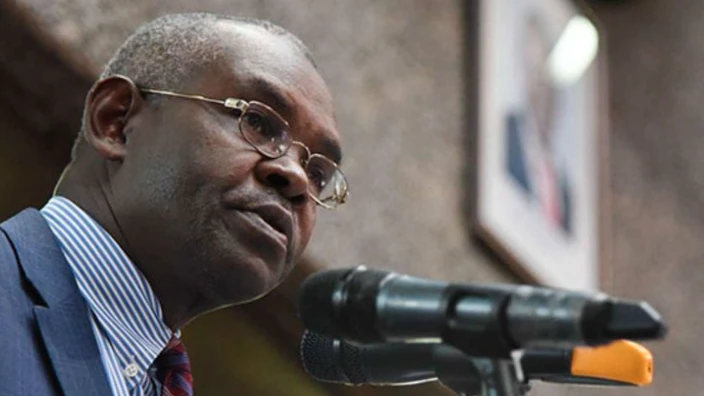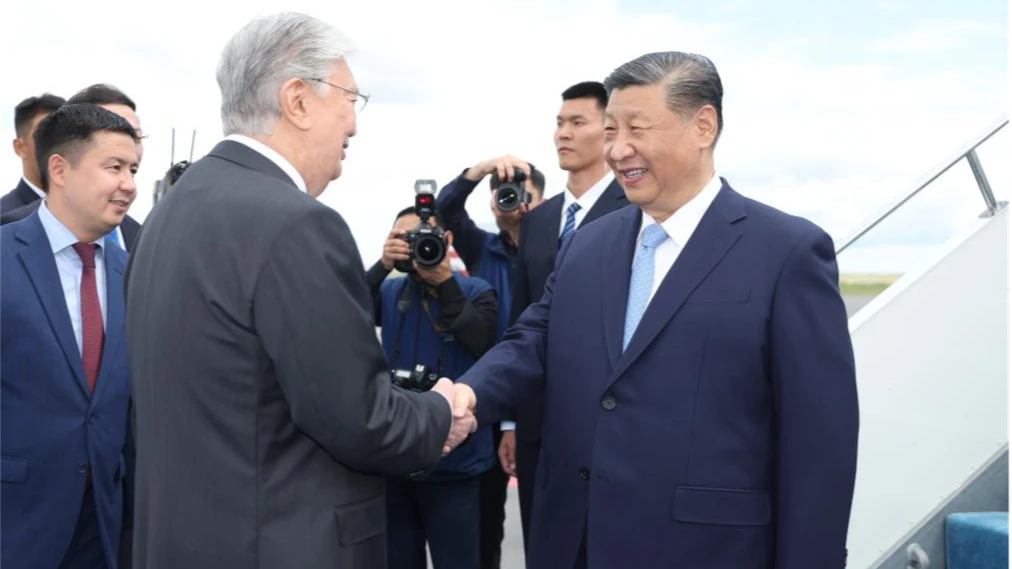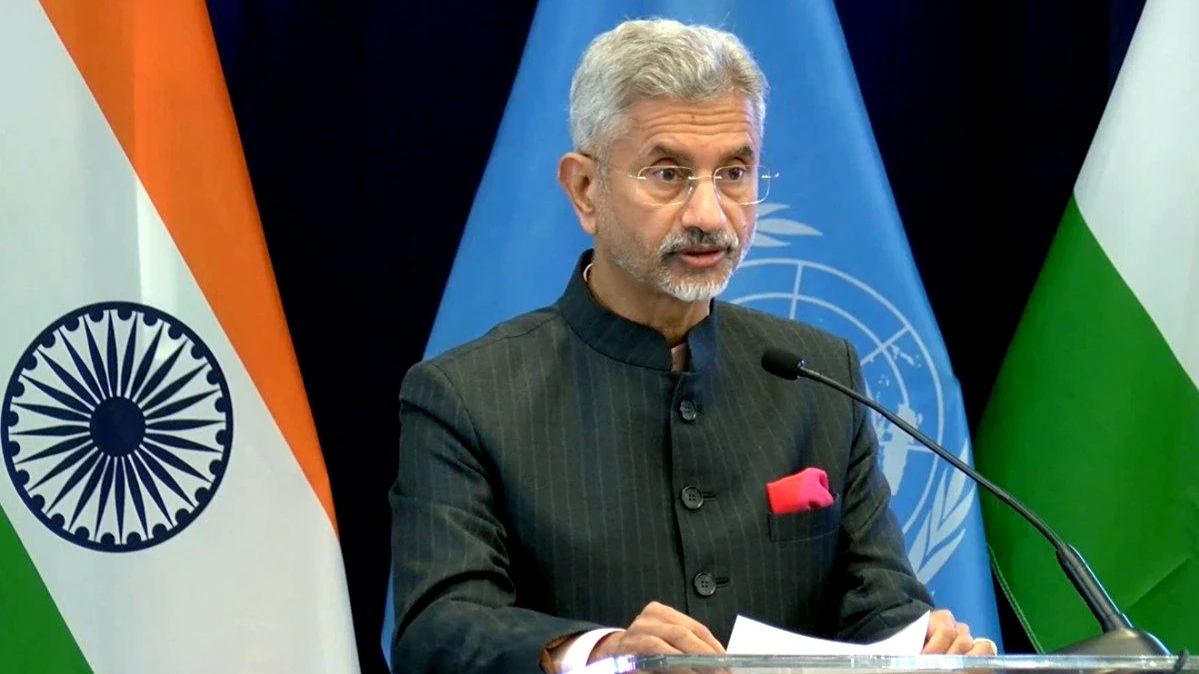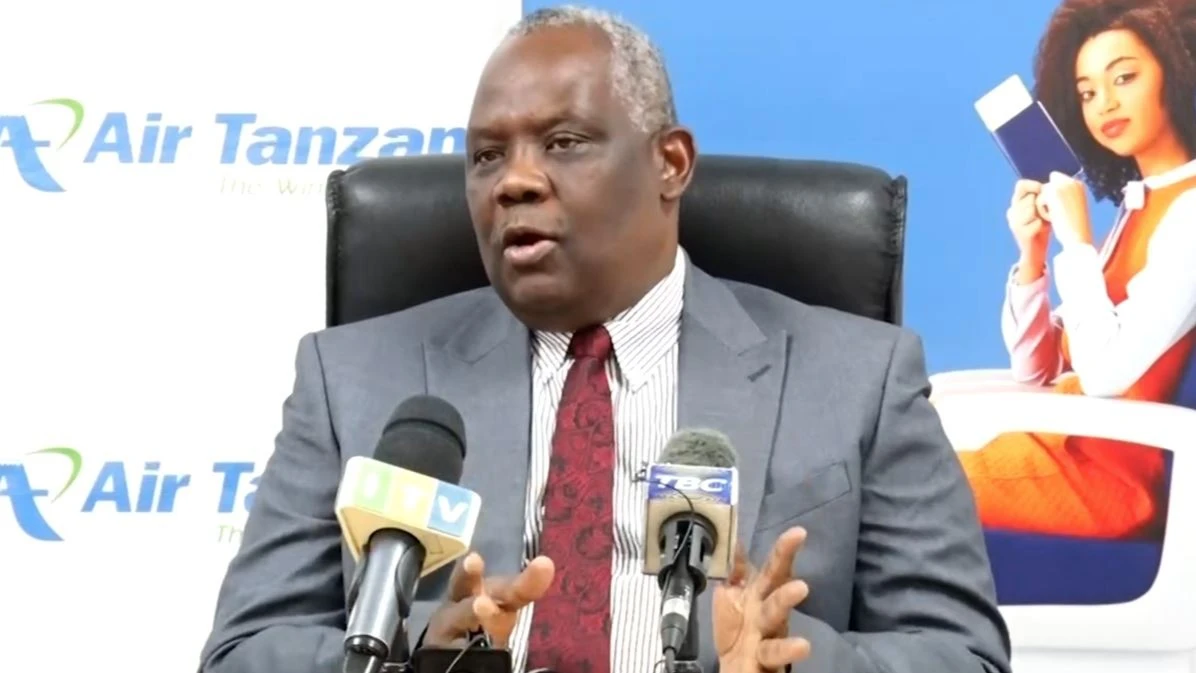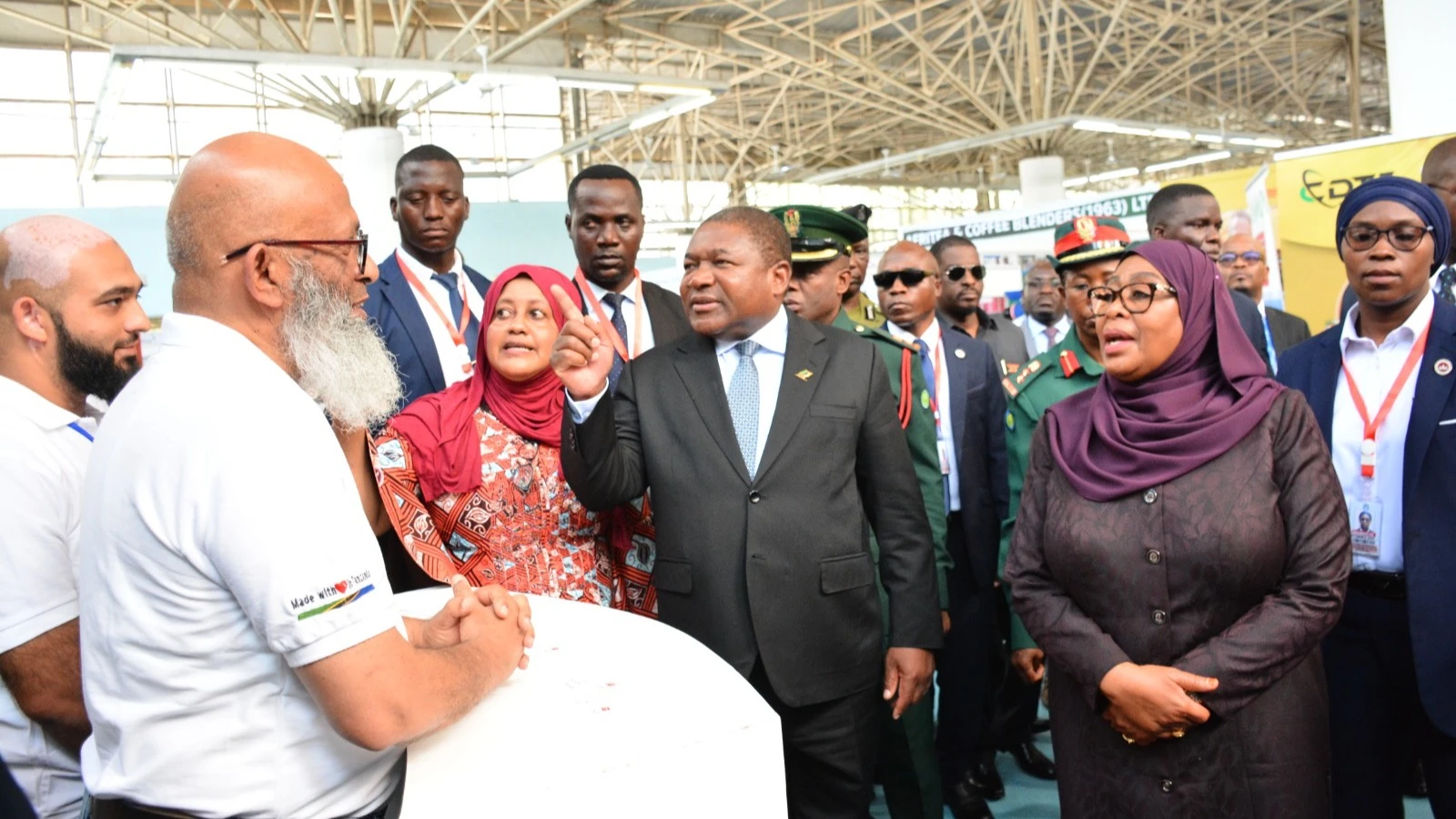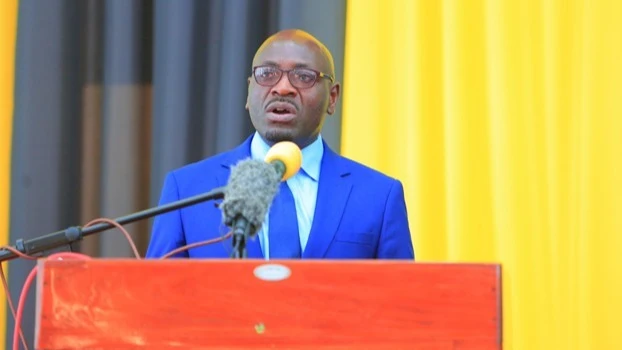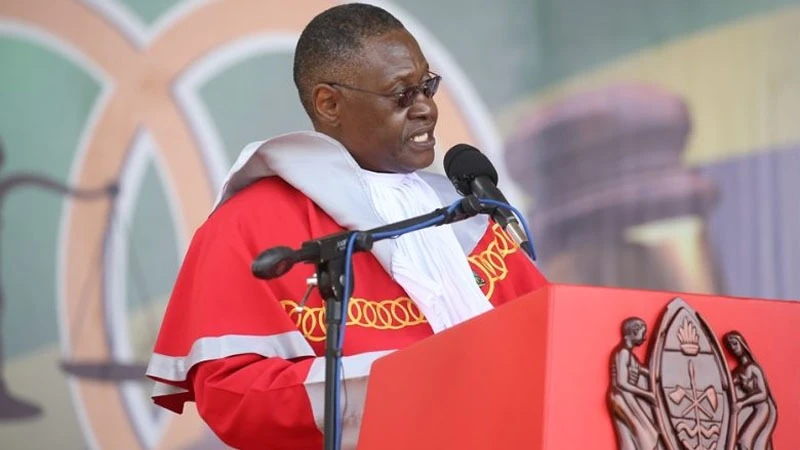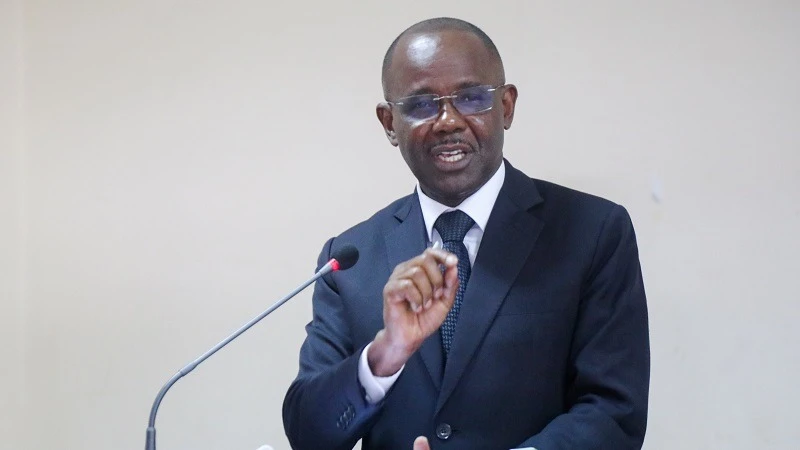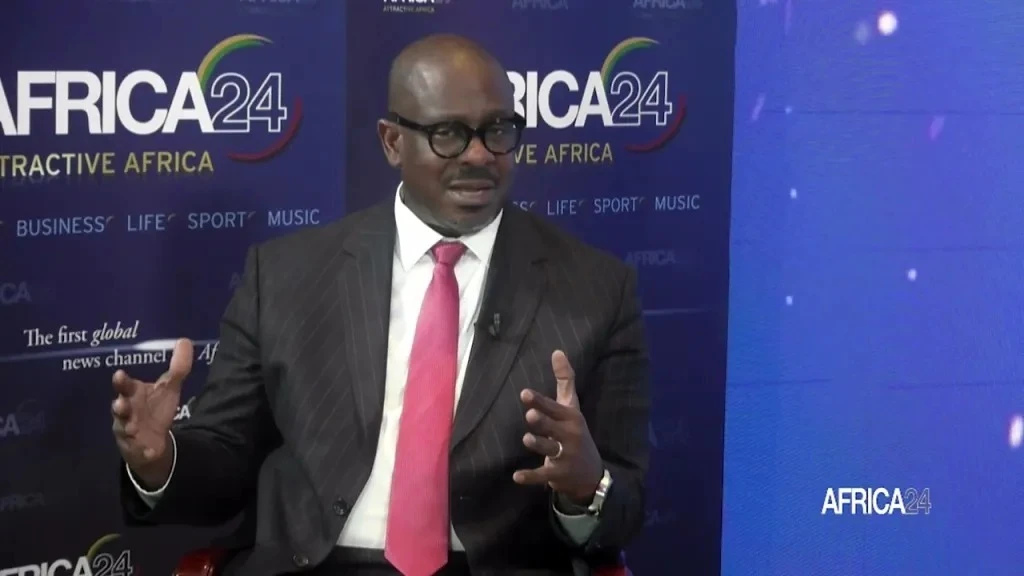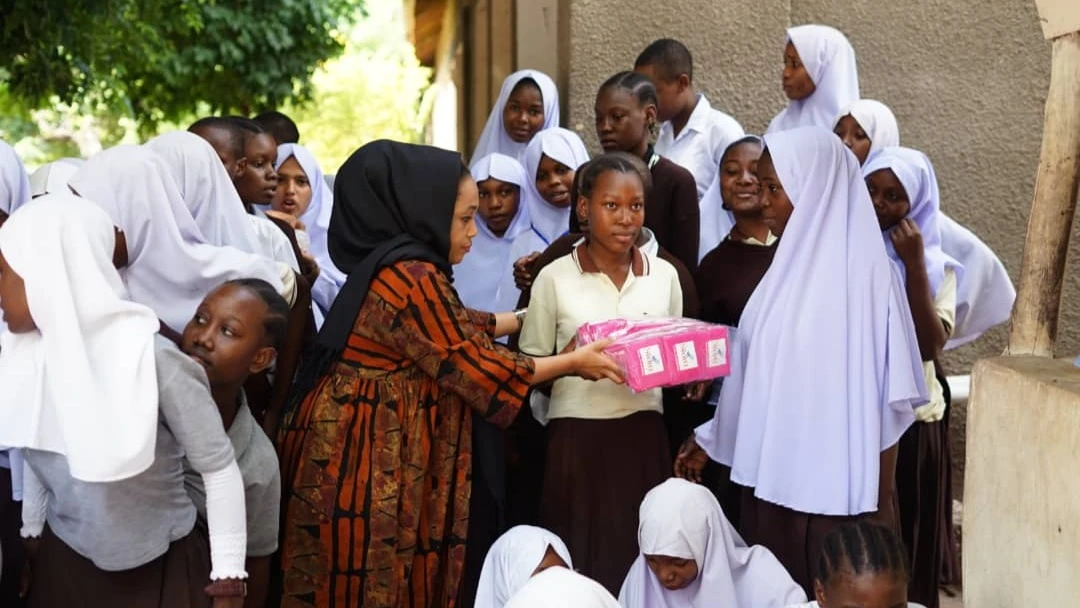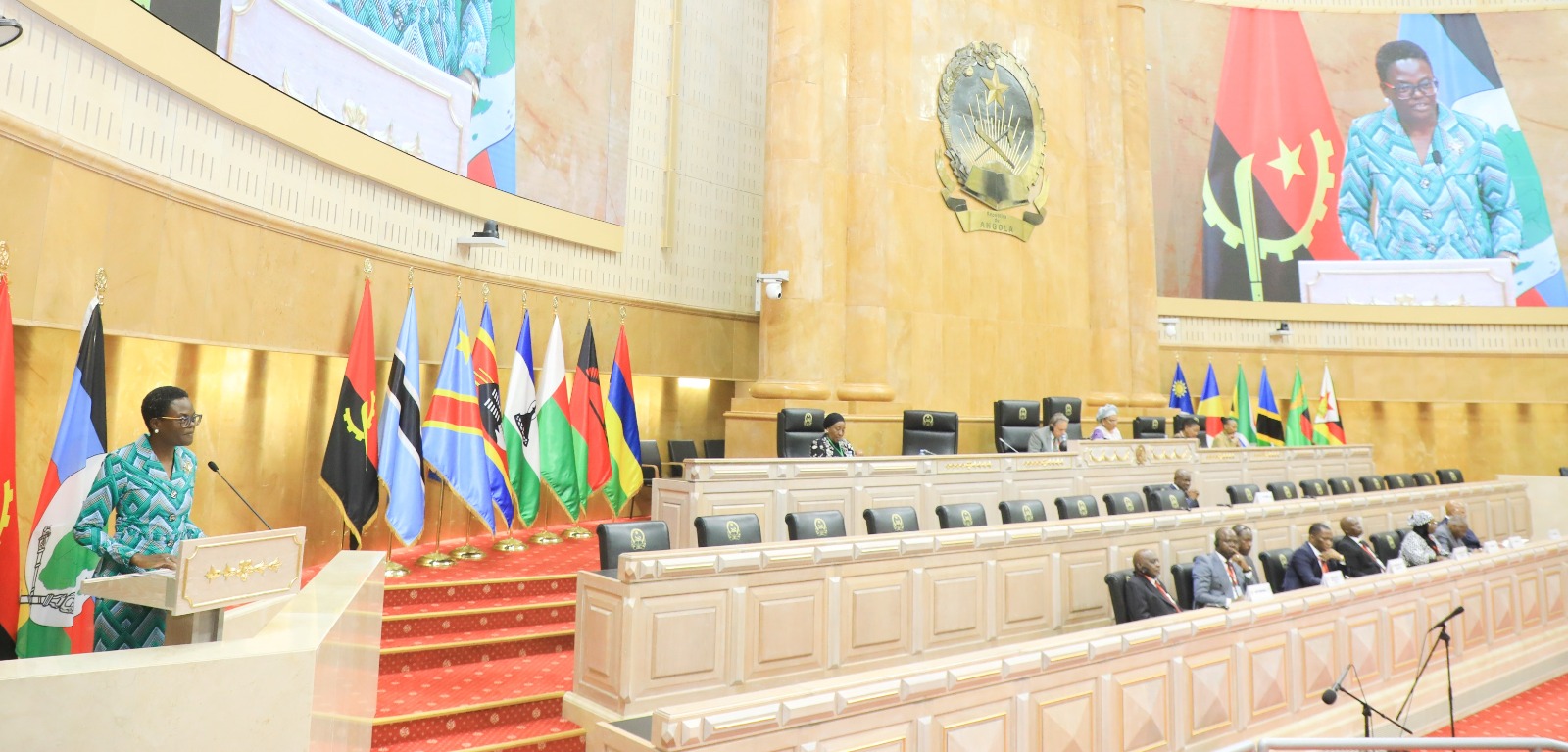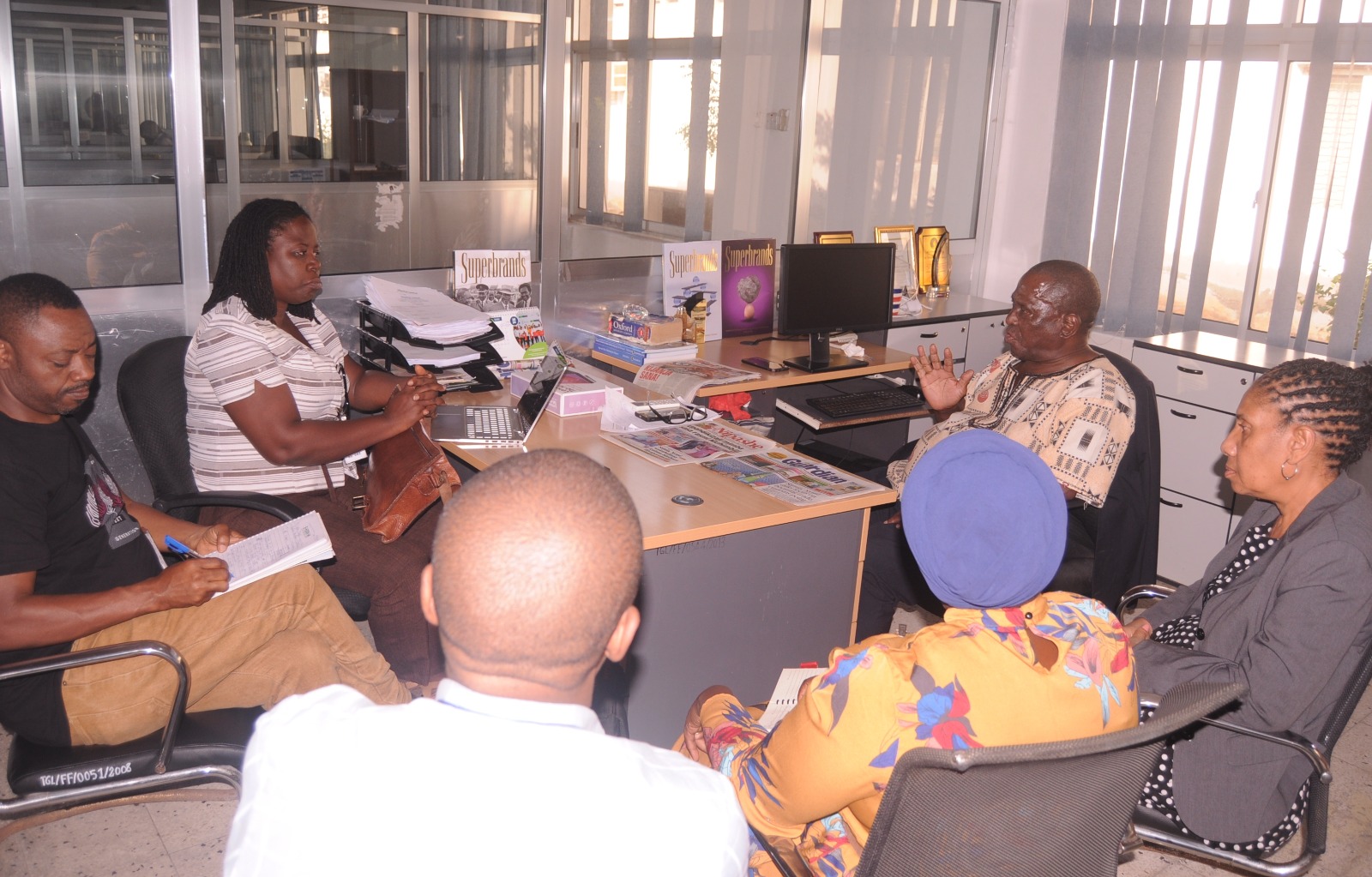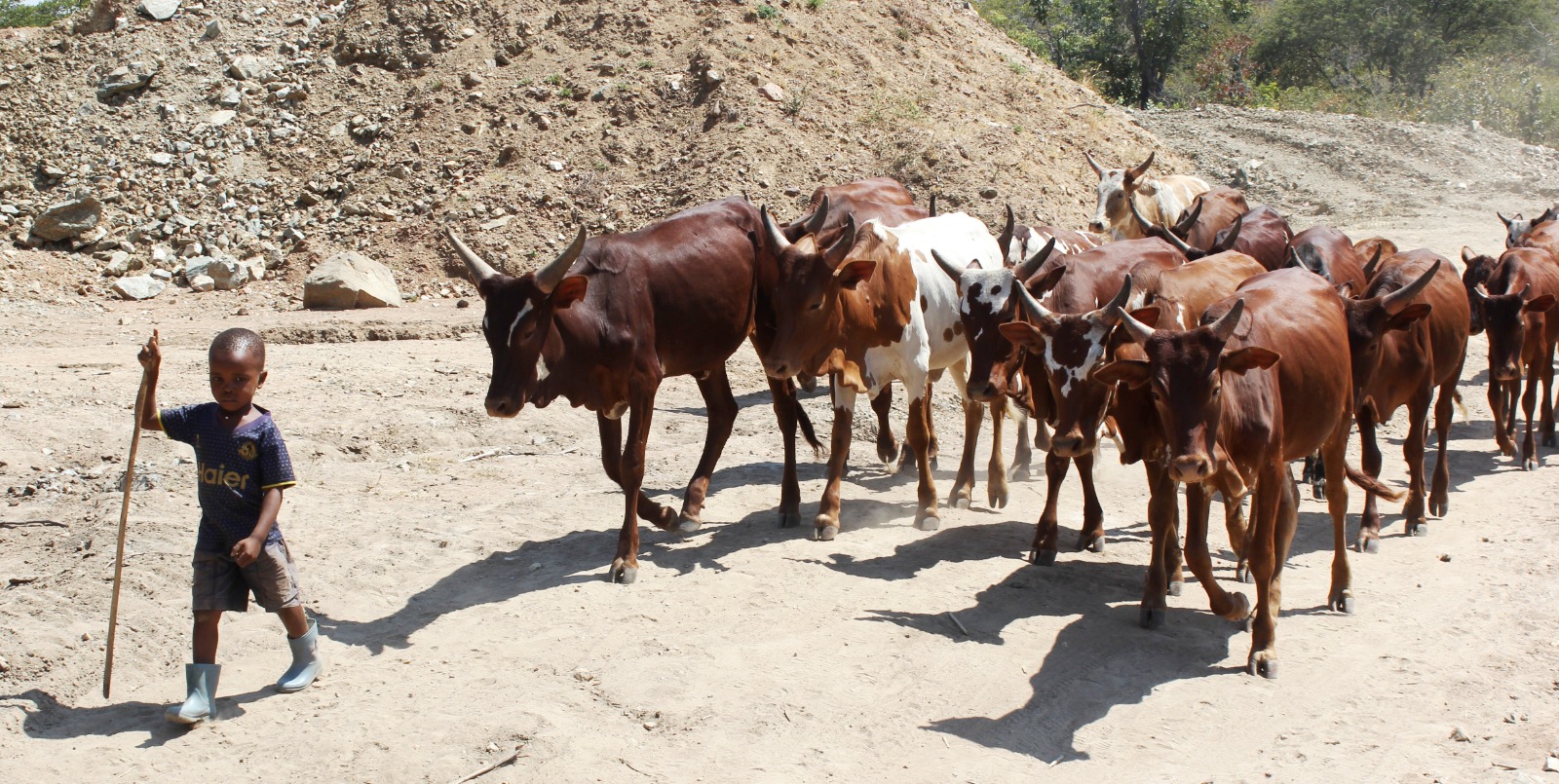Incentives spur investments of filling stations in rural areas
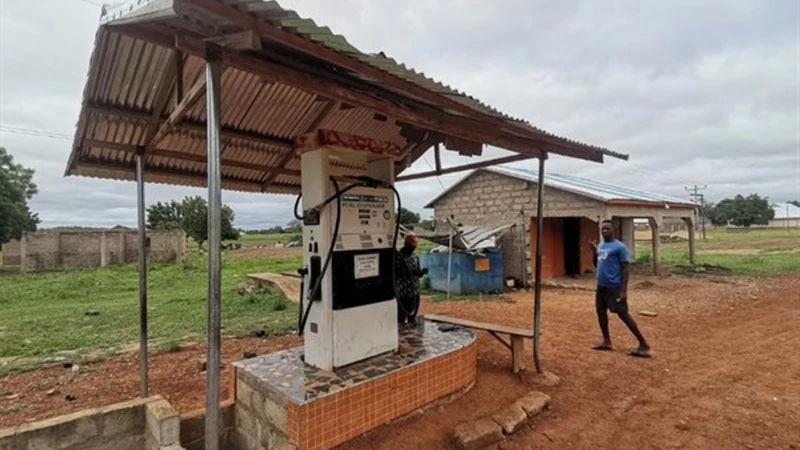
THE number of filing stations in rural areas dramatically increased during the last twelve months, thanks to the incentives by the government.
Dr Doto Biteko, Energy Minister, said in the National Assembly recently that the filling stations business has seen a boom in rural areas in the space of the past twelve months.
The minister who doubles as the Deputy Prime Minister said that licensed filling stations in rural areas had increased to 434 as of March this year up from 287 licensed stations in March 2023, a growth of 51.22 percent.
“The government shall continue allocating reasonable investments in the energy sector particularly the petroleum subsector for the intention of enabling rural residents to have easy access to petroleum products at low costs as it is to their counterparts in urban areas,” said Dr Biteko.
Dr Biteko said that in the 2023/24 financial year the government had allocated funds through the Rural Energy Agency (REA) for lending the business community interested in establishing small-scale rural filling stations to bring the service even closer to people.
With regard to small-scale filling stations loans to rural investors, on August 19, 2023, Engineer Hassan Saidy, REA Director General, when addressing a press conference in Dodoma capital city, said that the government had in the financial year 2023/24 allocated 12bn/- for the Agency to extend low interest loans to small scale petroleum products dealers in rural areas for them to invest in small-scale filling stations.
According to him, businessmen in the filling stations sector with operations in rural areas bear an opportunity of borrowing between 50m/- and 75m/- with an annual interest rate of five percent.
He said the Agency under the Energy ministry had resolved to issue loans for the construction of small-scale fuel stations in rural areas for several reasons, including the fact that fuels are not easily accessible in remote areas of the country.
"Access to diesel and petrol in the villages is a real struggle for final consumers. Small-scale dealers buy fuels in gallons from urban areas which are usually in one liter for less than 3,200/- but they resale for 5,000/- and above," he said.
He said in that case, people in rural areas in need of diesel and petrol are incurring spiraling costs than their urban counterparts contrary to the regulator's cap prices.
"People in rural areas are subjected to low income generation but they deserve the same rights to affordable energy services like their urban counterparts," he said.
He said the interest rates of loans by commercial banks for investment in rural filling stations are high and small businesses cannot afford them alongside the need for collateral.
Saidy asserted that another reason for the Agency to extend the loans is to protect the safety of people's lives and their property.
He said that storing gallons filled with petrol and diesel in residential houses is dangerous for the traders’ themselves and the people around their neighborhoods in case of fire outbreaks.
"The loans will be issued through TIB Development Bank while we are considering how to engage other banks to reach more borrowers," he said.
According to him, the loans are extended to investors in villages with shortage of filling stations to avoid the congestion which is dangerous for the conservation of the environment, people's health and the safety of their property.
"The targeted rural filling stations must have a capacity to store a minimum of 5,000 liters and be built in an area of not less than 400 square meters. Other loan obligations shall apply as usual," said Saidy.
He said the deadline for submitting the online applications was August 25, 2023.
When asked by this journalist how many applications the Agency received, how many have been approved and how much has been loaned to businesses until June 30, 2024, Saidy said that the Agency will issue an official statement on the matter soon.
"We will issue a public statement about the amount disbursed and the number of beneficiaries reached when we are done with the compiling of the details," said Saidy.
Nsubi Bukuku, Msalato Ward Councilor in Dodoma city said that onsite trips by ministers and deputy minister in inspection of development projects will benefit owners of filling stations in rural areas.
He said that though the majority of government vehicles get the service from filling stations owned by specific Oil Marketing Companies, there are vehicles that will be getting the same service in rural filling stations.
“Most of ministers and deputy ministers’ official trips to rural areas are accompanied by many public servants. You may find a convoy of up to 25 cars accompanying their trips. These cars are likely to contribute to sales by rural filling stations,” said Bukuku.
Commenting about the mushrooming of filling stations in urban areas Bukuku said that the government’s intervention in extending subsidies in case of fuel scarcity has created confidence in the filling stations business community as they are ensured of government’s intervention in whatever unexpected market crisis.
“You can remember that during the fuel crisis in 2022 the government had intervened with a 100bn/- subsidy with effect June 1, 2022 so that to harmonize access and bring down fuel prices,” he said.
This journalist has established that increase in importation of Bajaj motorcycles and Boxer motorcycles have posed double impacts: mushrooming of filling stations in urban areas and employment generation for the youths.
Tito Luvanda (19) a Bajaj motorcycle rider at Mbezi Shule commuter bus stand said that the business is even more profitable compared to three years ago.
With the prevalence of online hail-ride services, Luvanda earns between 60,000/- and 80,000/- on a daily basis by plying passengers to Mbezi Mwisho commuter bus stop.
“Passengers pay 1,000/- from here to Goba center while a passage going to Mbezi Mwisho pays 2,000/-. The business is booming regardless of the increase in the number of online hail rides,” said Luvanda.
According to him, he normally spends 10,000/- on fuel on a daily basis working from 6am to around 11pm at night.
“There are 40 Bajaj drivers who are allowed to operate from this destination. We have formed a union to which we pay 2,000/- monthly membership subscription fee. However, we pay 500/- to the founder of this Bajaj stop per every route,” said Luvanda.
The standard seven leaver is supposed to collect 35,000/- for his boss on a daily basis on weekdays and 25,000/- on weekends. He earns a 200,000/- monthly salary from his employer.
Hamza Dogo (20) a Bajaj motorcycle rider at Mbezi Mwisho commuter bus stop said that diesel and fuel went down in June 2024 thus benefiting riders even more than the preceding month.
This journalist has established from the Energy and Water Utilities Regulatory Authority (EWURA) monthly cap price that petroleum products final consumer purchasing prices slightly went down in June, the decrease which Dogo felt too.
According to the cap prize released by the Authority on June 5, 2024, a liter of petrol was sold at 3,261/- down from 3,314/- in May 2024, a decrease of 1.5 percent.
Price for a liter of diesel went down by 2.62 percent to 3,112/- from 3,196/- the preceding month.
EWURA noted in its statement that the drop of petrol and diesel prices in June 2024 was attributed to a decrease in world oil prices (Free on Board-FOB) by an average of 11.82 percent for petrol and 7.77 percent for diesel.
Top Headlines
© 2024 IPPMEDIA.COM. ALL RIGHTS RESERVED






